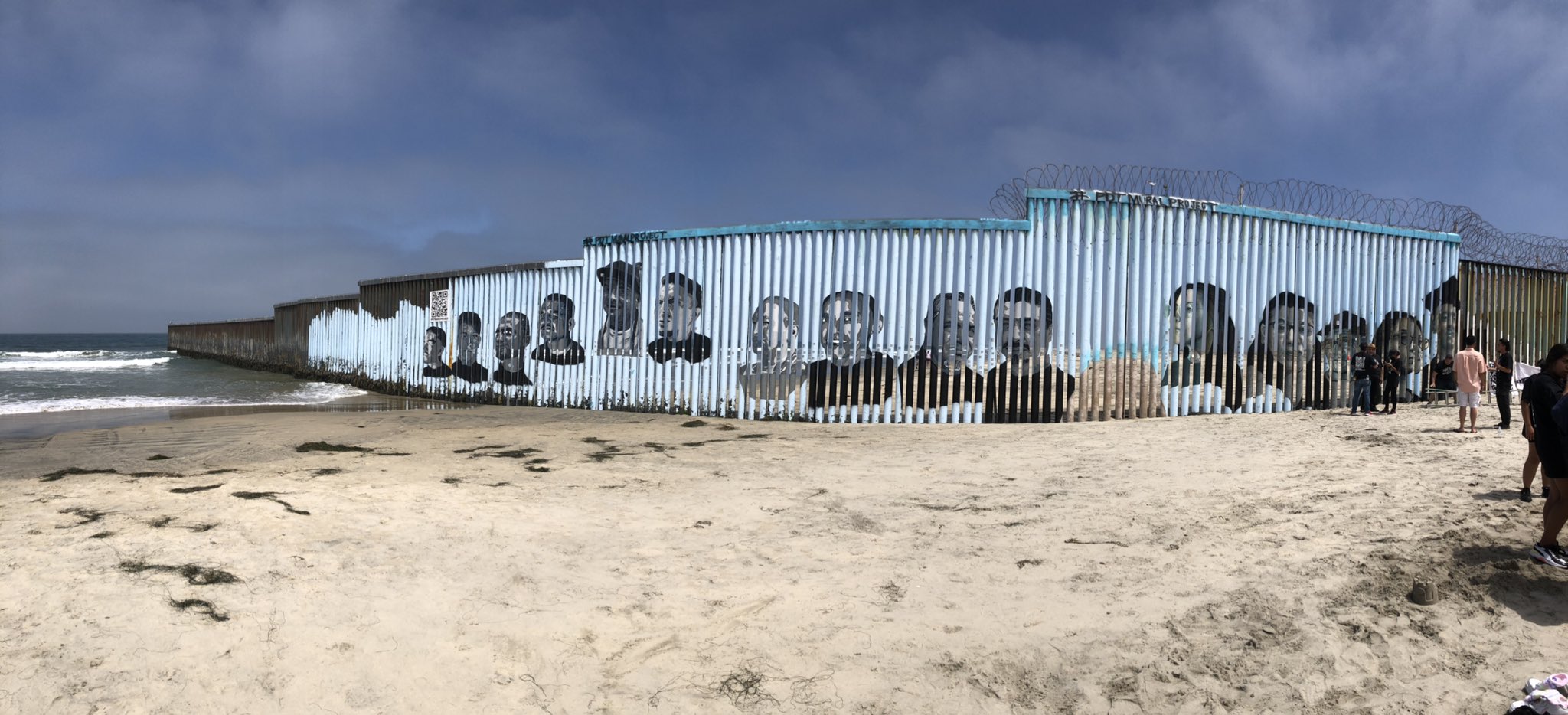The Diaspora of US Childhood Arrival Immigrants: Illegalization, Criminalization, and Deportation of Americans by the Country They Call Home
Lizbeth De La Cruz Santana
Spanish and Portuguese
UC Davis
My project examines the structures and intersections of immigration and criminal law that enable the expulsion of a generation of immigrants that entered the United States as minors (“childhood arrivals”). It seeks to advance the claim that childhood arrivals should not be held legally responsible for migrating as minors. I argue that as children, they spend enough time in the country to which they have arrived and that by attending school, learning the language, participating in the culture, and developing a sense of belonging, they effectively become cultural citizens.
The project engages in textual and media analysis and first-person testimonial audiovisual production through the method of digital storytelling for the Humanizing Deportation project, for which I am a researcher. Digital storytelling puts audiovisual production in the hands of community storytellers. This inquiry develops the Childhood Arrivals Critical Theory (CACrit) framework and the childhood arrivals diaspora concept, both of which I have coined in my dissertation. CACrit is a framework that emphasizes textual and audiovisual analysis of narratives authored by immigrants. The childhood arrivals diaspora concept argues that this group’s deep-rooted membership in the US complicates integration processes after deportation and makes the return to their countries of origin a traumatic and enduring experience.

